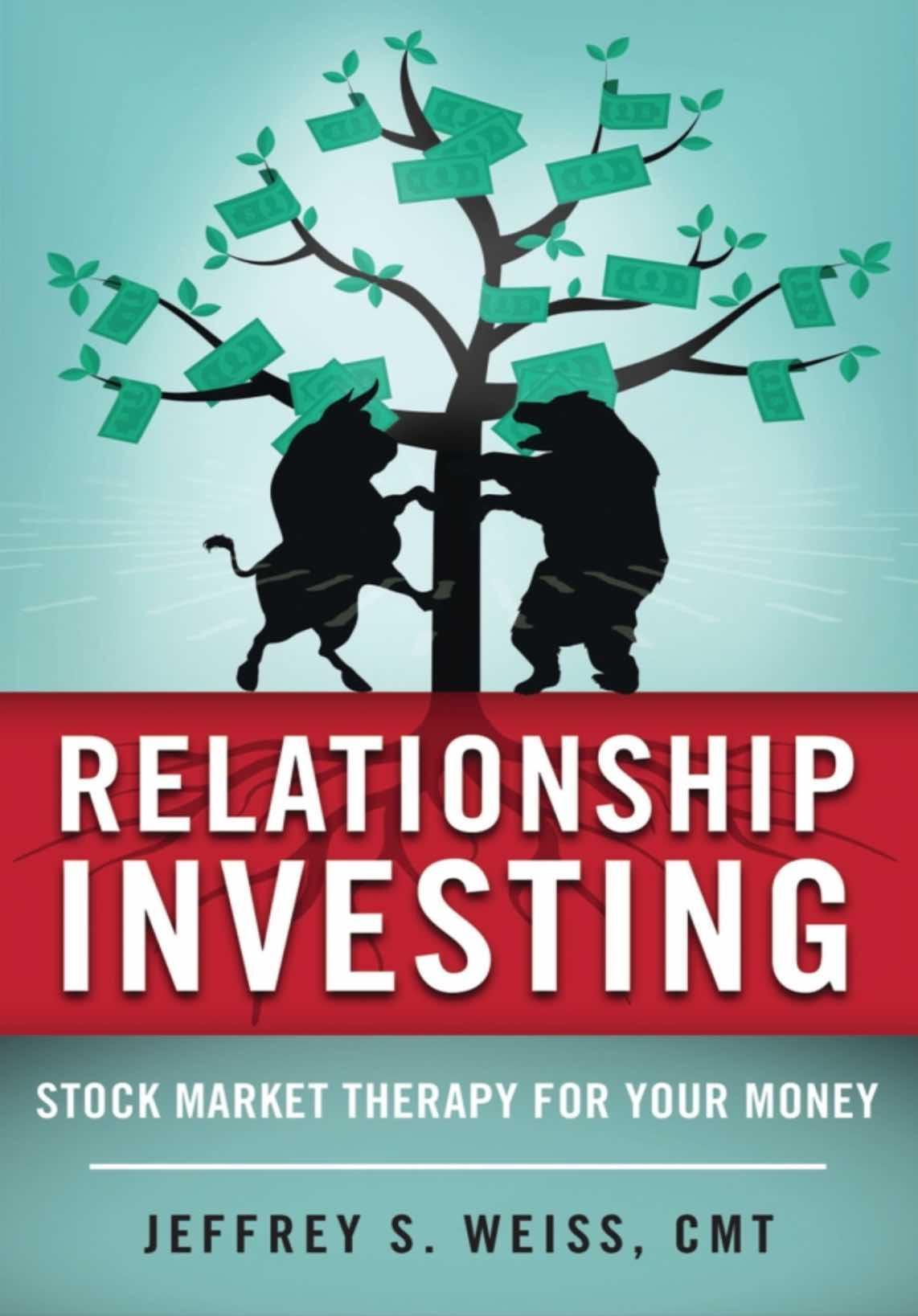The stock market is unique. After all, in how many enterprises can you be correct in the lion’s share of cases and still lose a significant amount of money? We have to stop and dwell on this truism for a while. One of the reasons that the stock market is such an amazing financial arena is that each investor sets his own odds of investment success based on his individual investment beliefs, analytical methodologies, risk management practices, and personality traits, among other considerations.
There are many factors to ponder. Are you short-term or longer-term oriented? What type of security analysis will you be employing? Will you be buying concentrated positions in several securities or diversifying more broadly? What’s your risk management plan? Will you be “selling short” or utilizing options strategies? Are you like the share price shoppers discussed in chapter 20, “Bob Barker,” or chapter 22, “The Macy’s Approach”? Will you be investing internationally or in mutual funds, exchange-traded funds (ETF’s), or bonds? And if so, in which categories? And on and on. With investors having widely divergent market temperaments, holding differing market opinions, and employing varying investment strategies, you can see the huge number of variables that would cause the odds of success to fluctuate so much among the investment population.
It drives me nuts when people say that the stock market is no different than a horse race or that they’d prefer the excitement of a casino. Besides, they argue, at least they’ll get their results quickly. I’ve heard these comments regularly along my four-decade-long career route. The gigantic difference between these venues and stock market investing is that in the former the odds are already set against you, whereas when investing in the stock market, you set your own odds. It’s the same premise with a relationship. You choose the variables to employ in affecting the outcome. Different choices yield different results.
What’s more, investing in the stock market is serious business. It isn’t entertainment. And if you’re treating it as such, believe me, there are far better ways to be entertained. You’re investing for a variety of reasons, including your retirement, your kids’ education, or other financial reasons that represent important considerations that can impact your life.
We’re not speaking about a horse race lasting several minutes or some casino thrills here. We’re talking about serious, hard-earned capital that you’ll be investing. The research involved is often exhaustive—hardly the case with a casual gaming activity. Additionally, in the stock market you can also profit by correctly forecasting a decline in a stock (by “selling short”). No such option exists in the aforementioned activities. By the way, I’m not aware of any dividends paid by casinos or racetracks while you’re waiting for the outcome of those venues. Another key difference is that in a primary bull market, a large percentage of stocks will trend higher, increasing your chances of success. When was the last time you watched a horse race where most of the horses won, or sat at a slot machine where most of your pulls were winning ones? They’re in a totally different monetary world, far removed from the stock market arena. While they’re often referred to as “games of chance,” maybe a better phrase would be “games of no chance.” Enough said.
Moral: There is absolutely no comparison between the gaming venues mentioned above and investing in the stock market. They shouldn’t even be mentioned in the same breath. Supply and demand determine the direction of the latter, not preset odds that are stacked against you day in and day out.
(To be continued...)

This excerpt is taken from “Relationship Investing: Stock Market Therapy for Your Money” by Jeffrey S. Weiss. To read other articles of this book, click here. To buy this book, click here.
The Epoch Times copyright © 2023. The views and opinions expressed are those of the authors. They are meant for general informational purposes only and should not be construed or interpreted as a recommendation or solicitation. The Epoch Times does not provide investment, tax, legal, financial planning, estate planning, or any other personal finance advice. The Epoch Times holds no liability for the accuracy or timeliness of the information provided.





